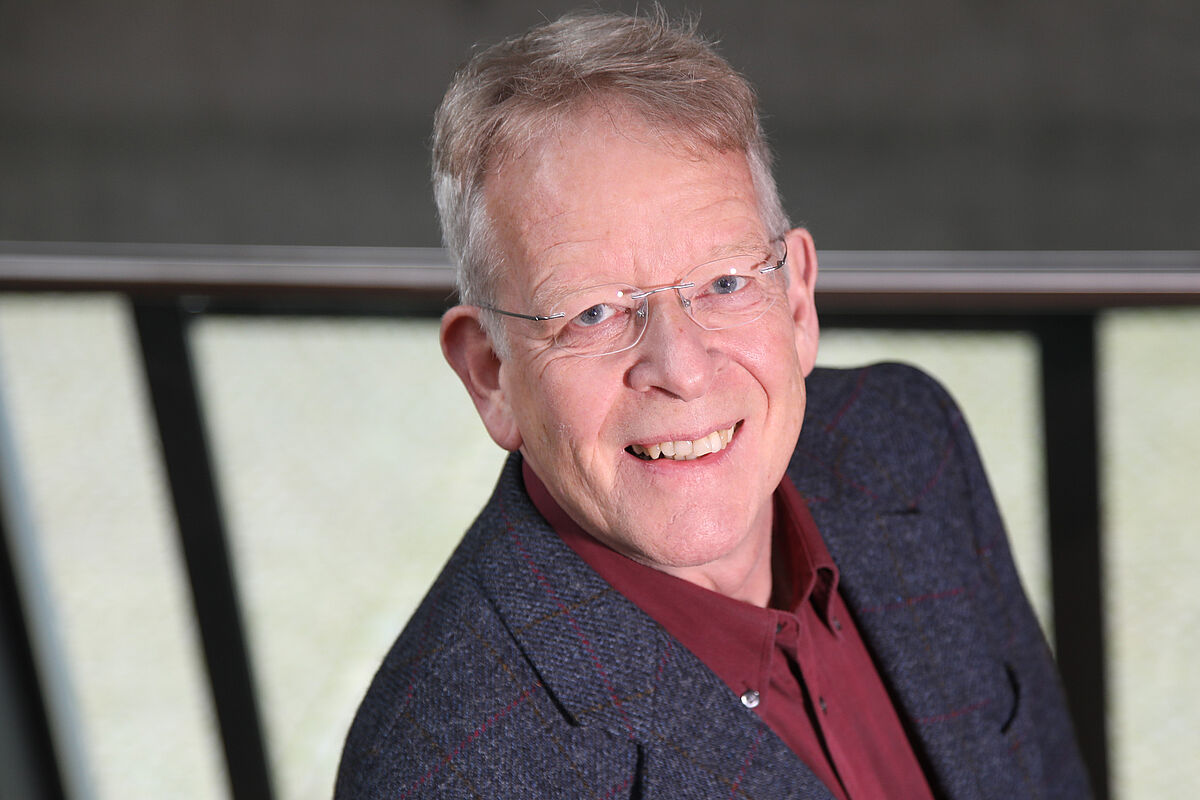
Professor Dr. Christoph Schulte
Senior Fellow, October 2025 to September 2026
University of Potsdam
- Professor of Philosophy and Jewish Studies since 2001
- Fellow and Visiting Professor at numerous universities in Europe, North America and Israel (1988-2025)
- Pluridisciplinary approach to modern Jewish intellectual history
- Caspar David Friederich fan since Gymnasium times
Fellow-Projekt: „Skepticism towards progress among modern Jewish intellectuals“
The aim of my application as a Senior Fellow at the Alfried Krupp Wissenschaftskolleg Greifswald for the academic year 2025/26 (12 months) is to discuss my monograph with the working title “Skepticism towards progress among modern Jewish intellectuals”, which I have been preparing for a long time in research and teaching, as well as through research collaborations and visiting professorships, with the Kolleg:innen of the Kolleg and the University of Greifswald during my one-year stay in Greifswald and to finalize it as a typescript.
The book will be structured chronologically and has two parts. It begins with an introduction to the history of science on the philosophy of history and its critique after the Second World War. Karl Löwith (Meaning in History, 1949) and Jacob Taubes (Abendländische Eschatologie, 1947), among others, analyse the progress-optimistic philosophy of history between Voltaire, Lessing, Kant, Hegel and Marx as a misguided, secularized Christian theology of history, but those Jewish authors who criticized this modern philosophy of history long beforehand are not dealt with at all. This is the research objective of the present project.
In the first part of the book, I describe the resistance of Jewish philosophers and rabbis from Mendelssohn to Franz Rosenzweig to the Christian-influenced philosophy of history, particularly Lessing's and Hegel's, where ancient biblical Judaism is replaced by Christianity in world history and ‘overcome’ both morally and religiously. Rabbinic Judaism is completely ignored. Jewish resistance to such Christian-philosophical supersessionism is analyzed and described in chapters on Mendelssohn, Heine, Nachman Krochmal, Samuel Hirsch and F. Rosenzweig.
In the second part, the book analyzes their specific critique of technological progress in chapters on Th. Lessing, W. Benjamin, Horkheimer and Adorno, L. Strauss, H. Arendt and G. Anders. For in the material battles of the First World War and in the industrialized mass murder of the Shoah, but also in the atomic bomb, the destructive side of technological progress manifested itself just as much as the progressive exploitation and destruction of nature and mankind: Progress not as a secularized history of salvation, but, inverted, as a modern history of disaster and a context of blindness. What is specifically Jewish in the politically quite disparate skepticism of progress of these authors is no longer a critique of Christian philosophy of history, but rather the Jewish experience of totalitarianism and exile reflected in them, and in particular the experience of anti-Semitism: no progress of modernity has been able to eliminate anti-Semitism from the world.
